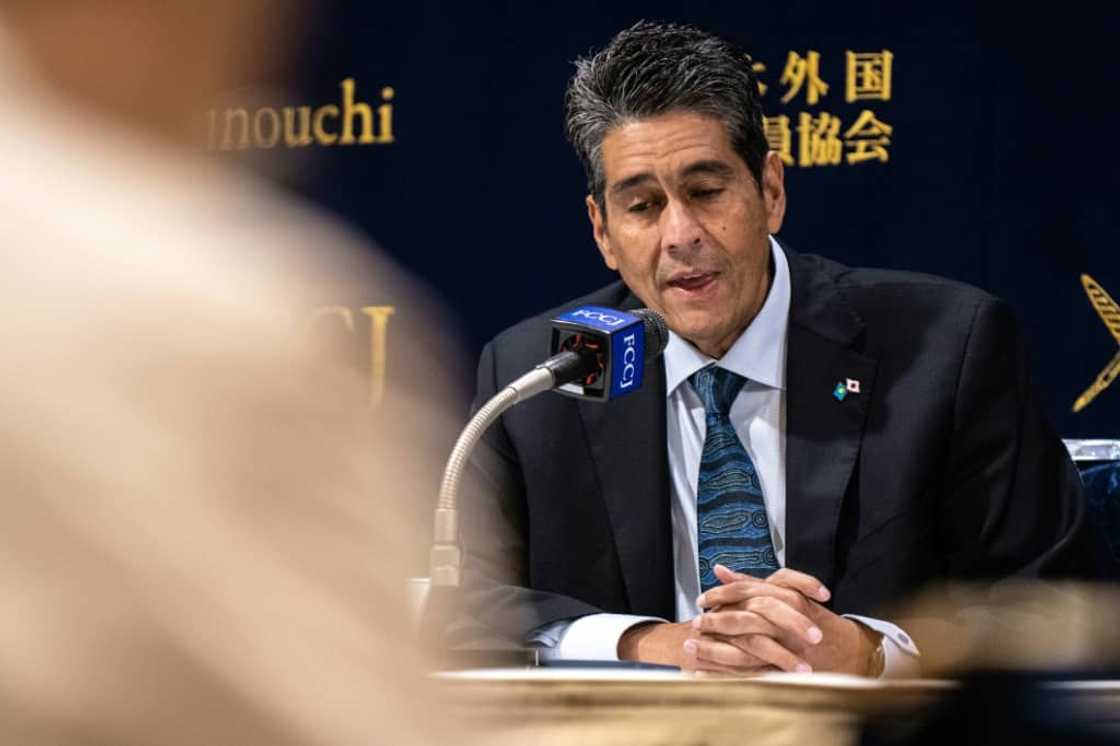Palau confirms 'major' cyberattack, points to China

Source: AFP
Palau's President Surangel Whipps on Wednesday said the tiny country, one of Taiwan's few diplomatic allies, had suffered a major cyberattack, pointing the finger at China.
The Pacific archipelago is one of just 12 states worldwide that diplomatically recognise self-ruled Taiwan, which China insists is part of its territory.
Taipei said on Monday it was ready to help Palau beef up its digital defences after the New York Times reported that more than 20,000 documents were stolen from Palau's government.
The documents were taken in March, Whipps said on Wednesday, soon after Palau signed a new 20-year economic and security deal with the United States.
"China wants to weaken those relationships, show our vulnerability, and what a great way to do it by hacking our system," he told reporters in Tokyo.
"This is really the first major attack that we've seen on government records," he said, a day after he agreed with Japanese Prime Minister Fumio Kishida to strengthen cooperation, including in defence.
The documents later appeared on the dark web and ransomware group DragonForce claimed responsibility for the hack, the New York Times said.
Whipps said analysis of the data showed the ransomware was likely developed in Russia, it was sent out of Malaysia and "it looks like it has ties back to China".
"The reason we say maybe there's government involvement is that they weren't interested in money. They really didn't demand any money," he added.
With no financial motive behind the attack, the president branded it "harassment" and said the leak had included "people's personal information".
"This is not the first incident where China doesn't respect our boundaries," Whipps said, referring to "research vessels conducting activities within our waters, without our permission."
Asked about the alleged cyberattack on Tuesday, China's foreign ministry spokeswoman Mao Ning said she was not aware of the reports and added: "China has always opposed any form of cyberattack and is cracking down severely on it."
Whipps called the incident a "wake-up call" and said Taiwan, Japan and the United States had all offered to help Palau strengthen its digital security.
Palau, the Marshall Islands and the Federated States of Micronesia signed "Compact of Free Association" agreements in March with the United States.
The two-decade deal provides the three Pacific nations with a total of $7.1 billion in funding, giving them security and budget guarantees.
In return, Washington gains influence and the right to locate military facilities across the central Pacific.
PAY ATTENTION: Follow Briefly News on Twitter and never miss the hottest topics! Find us at @brieflyza!
Source: AFP

